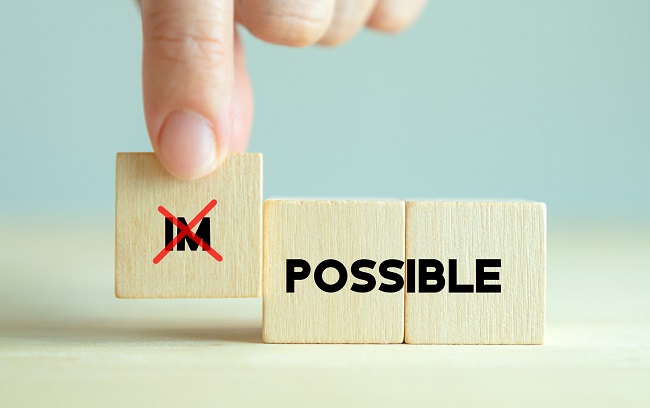Apr 02, 2025
Apr 02, 2025

There is a force in the universe that is active in us, and is a great resource in our quest for a animated life and a conscious world. this force exists and is with us — indeed, it is in us — making use of it hinges on a crucial factor: the nature of your mindset.
What’s Wrong with our Mindset?
Mindset is an embracing concept — it does not stand for a rigorously scientific view, nor does it stand for a purely fictional one. But it does stand for a view of the world that people can recognize as their own. This is an embracing view, encompassing the whole gamut of values and feelings associated with one’s beliefs and convictions regarding the nature of the world. In the current scientific literature, there is a more rigorous but also more limited concept: this is “paradigm.” Originally developed by philosopher of science Thomas Kuhn to describe the fundamental changes in physics wrought by the shift from the Newtonian view of physical reality to the Einsteinian relativistic view, in the course of the past decades the concept of paradigm has acquired a wider meaning. It extends from the concept of physical reality to a general concept of what we hold to be the nature of reality. We can speak of a materialistic paradigm, a vitalistic paradigm, a classical Newtonian paradigm, or a new quantum-science paradigm. Whether we give it thought or not, we all hold some variety of paradigm, even if it is not consciously recognized and articulated. This is also true of the concept of “mindset.” We all dispose of some variety of mindset, and that mindset is active and influential for us whether we recognize it or not.
There is something fundamentally wrong with the mindset of most people in the modern world. That mindset is antiquated and misleading. People holding it are focused on acquiring material goods and fostering their own wealth, power and influence. They adopt a wasteful and often ostentatious lifestyle. They think that individuals have little or no influence on the way the world is going, and so there is no real need for individuals to feel responsible for the way the world is actually going. Life is a struggle for survival, where the fittest survives. Popular wisdom such as “make the most of your opportunities and never mind what comes after you — you only go around once” and “the world out there is a jungle, so take care of your own interests, because nobody else will care for it” are fairly typical examples. This is how the mind of the typical modern person is set to perceive the world. The values and behaviors inspired by the modern mindset have led to critical conditions in our social, economic, and ecological systems. They have fractured the integrity of the human community, dividing it into we and others, drawing the line in reference to common interests, or competing and perhaps opposing interests. This creates competition and conflict and gives rise to violence. It leads to an unsustainable world. If we the modern mindset doesn’t change and evolve, we endanger not just our own well-being, but the survival of our species, but also, we endanger the survival of all beings on planet earth.
How to Change Your Mindset — Start with yourself.
But how do you go about it? The first step is to ask yourself some fundamental questions. How do you relate to people, society, and nature around you? Are you part of them, or are you outside and perhaps above them? The honest answer you give, testifies to the nature of your mindset. Adopting an up-to-date mindset is not a quixotic endeavor: The shift from competition to reconciliation and partnership: a change from relationships, organizational models, and societal strategies based on competition to relationships and models based on principles of healing, reconciliation, forgiveness, and male–female partnership. The shift from greed and scarcity to sufficiency and caring: a change in values, perspectives, and approaches from the traditional self-centered and greedy mode toward a sense of the sufficient and the interpersonal concern of caring. The shift from outer to inner authority: a change from reliance on outer sources of “authority” to inner sources of “knowing.” The shift from separation to wholeness: a recognition of the wholeness and interconnectedness of all aspects of reality. The shift from mechanistic to living systems: a shift of attention from models of organizations based on mechanistic systems to perspectives and approaches rooted in the principles that inform the world of the living. The shift from organizational fragmentation to coherent integration: a shift from disintegrative, fragmented organizations with parts set against each other to goals and structures integrated, so they serve both those who participate in the organizations and those around them.
Image (c) istock.com
03-Sep-2023
More by : Dr. Alexis Karpouzos